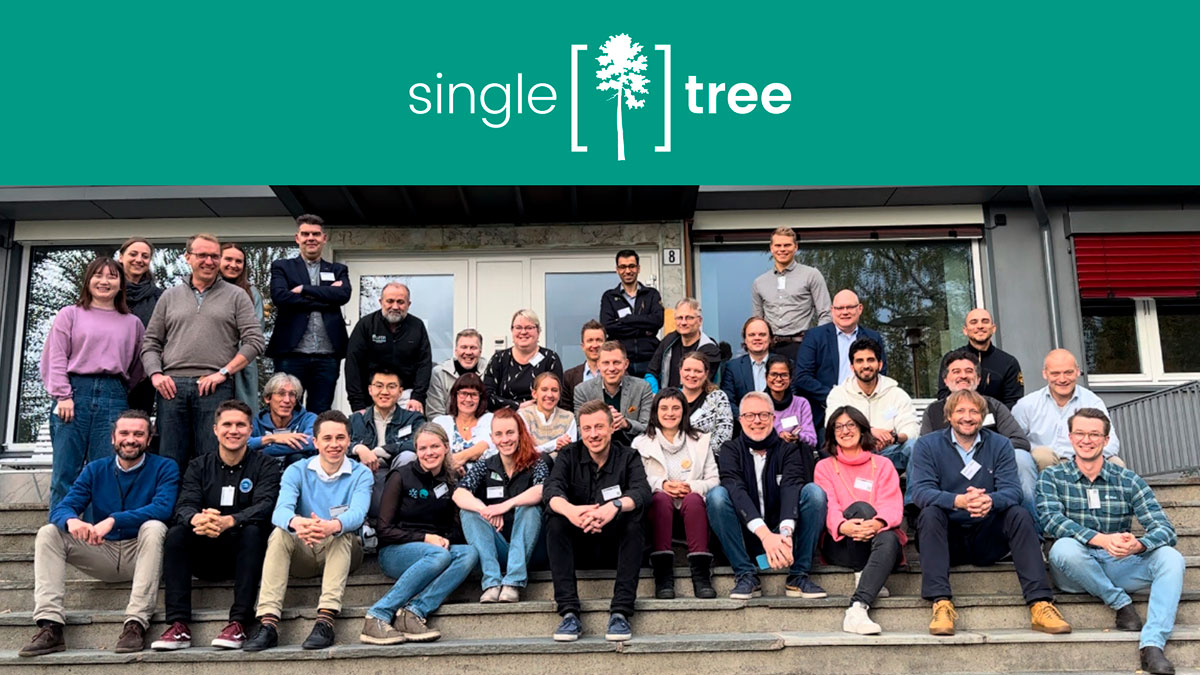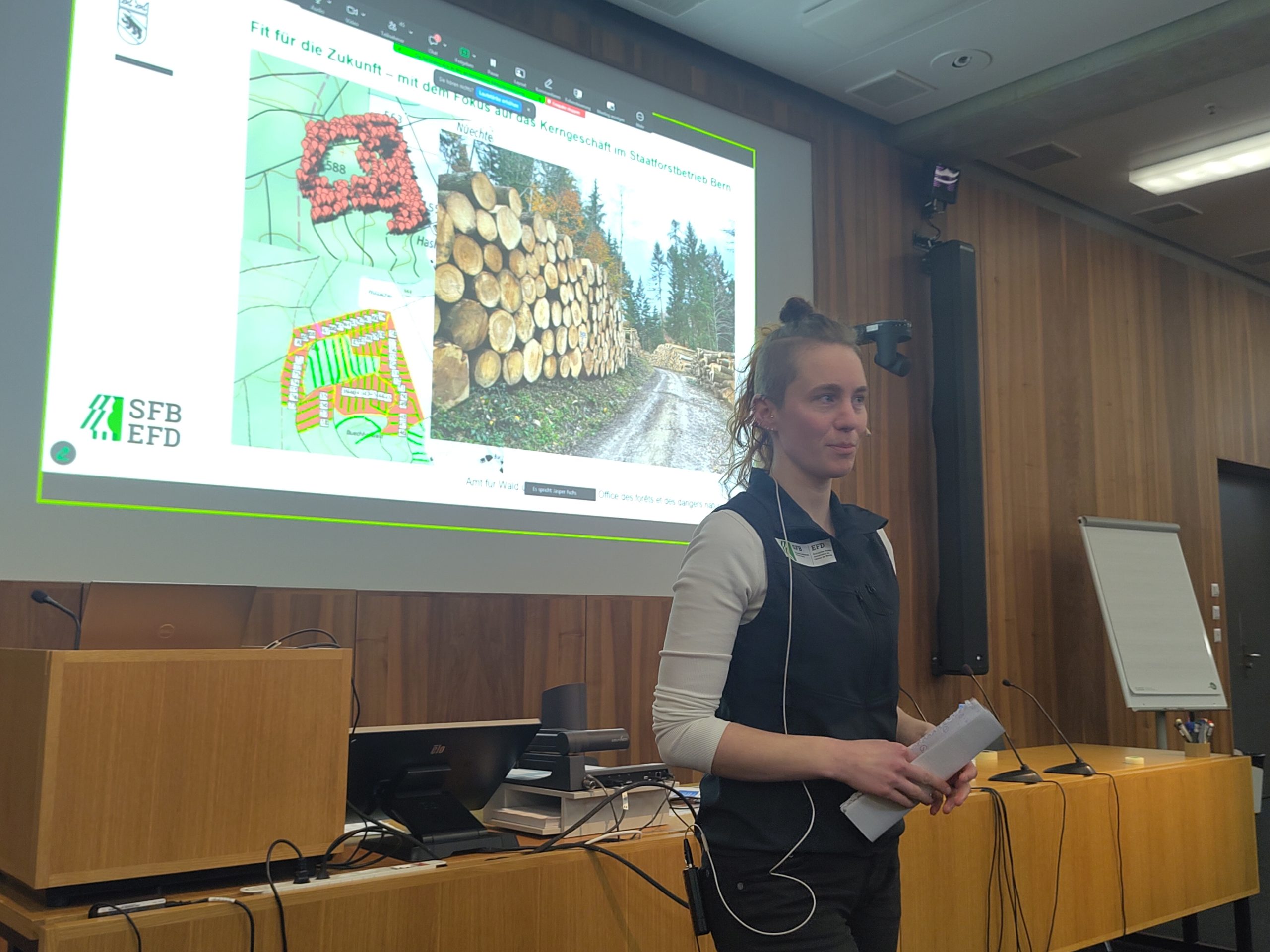The SingleTree project has officially launched, marking a major step forward in sustainable forest management. Funded by the Circular Bioeconomy Joint Undertaking (CBE JU) with a contribution of €4.9 million, this ambitious four-year initiative is coordinated by the Norwegian Institute of Bioeconomy Research (NIBIO). The project brings together a consortium of 14 partners from Norway, Sweden, Finland, Spain, and Switzerland to optimize multifunctional tree-based forest value chains through advanced digital technologies.
What is the SingleTree Project?
SingleTree stands for Optimizing multifunctional forest-based value chains with single tree information and the application of digital technologies. The project is designed to enhance climate change adaptation, forest resilience, and multifunctional uses of woody biomass by leveraging precision forestry techniques.
Key Objectives of SingleTree
The SingleTree project is dedicated to revolutionizing forest management through cutting-edge technology. The project aims to:
- Develop AI and remote sensing-enabled monitoring systems for single trees, offering deeper insights into tree health, wood quality, and biodiversity value.
- Create adaptive management tools at the single-tree level, balancing forest multifunctionality, operational efficiency, and resilience.
- Deploy intelligent machines to implement management prescriptions and simultaneously capture in-situ data on wood quality and environmental performance.
- Improve traceability from the forest to sawmills and enhance early wood quality prediction, optimizing the supply chain for biomass products.
By focusing on individual trees, the project ensures a more precise and sustainable approach to forest management, leading to healthier forests and improved adaptation strategies for climate change.
A Word from the Project Coordinators
“We are thrilled to launch the SingleTree project, which offers a great opportunity to leverage advances in sensor and AI technologies to drive a more sustainable, multifunctional, and resilient forest management. By shifting from traditional stand-based management to single-tree digital value chains, we aim at ensuring granularity and richness of information required to tackle today’s complex forestry challenges, such as climate change, biodiversity loss, and resilience. With a skilled team combining expertise in AI, remote sensing, forest management, operations, and wood quality, we are well positioned to set new standards in how single tree data can enhance forest management across various European forest operational realities.”— Project Coordinators, NIBIO.
Living Lab Value Chains (LLVCs): Testing Innovation Across Europe
To connect technical solutions within fully integrated digital value chains, the SingleTree project will demonstrate its innovations in three Living Lab Value Chains (LLVCs), each reflecting distinct environmental and socio-economic conditions.
LLVC North: Sweden
- Located in northern/central Sweden in forests owned by SCA, Europe’s largest private forest owner.
- Focuses on climate- and biodiversity-resilient forest management.
- Aims to optimize single-tree decision-making for multifunctional forests.
LLVC Central: Switzerland
- Situated in the Canton of Bern, managed by the State Forest Enterprise Bern.
- Implements a multifunctional forestry approach using digital technologies.
- Prioritizes single-tree decision-making, despite limited access to modern digital systems.
LLVC South: Spain
- Located in Castilla y León, representing even-aged coniferous forests in the Mediterranean region.
- Features diverse silvicultural schemes and timber quality variability.
- Focuses on multifunctional management to enhance climate resilience and value creation.
Across all LLVCs, climate change risks will be addressed through region-specific strategies to strengthen forest ecosystems.
Expected Impact of SingleTree
The impact of the SingleTree project includes improving forest management practices through enhanced understanding of biodiversity, climate change effects, and non-invasive quality control. It aims to align biomass supply and demand for bio-based industries while increasing engagement and innovation among regional stakeholders, including SMEs. Furthermore, the project will accelerate the development of rural industrial ecosystems and promote sustainable material use, resulting in positive environmental, social, and economic benefits for regional development.
By revolutionizing single-tree-level monitoring, the SingleTree project is setting new standards in precision forestry and driving the transition toward a more resilient and multifunctional forest-based bioeconomy.


